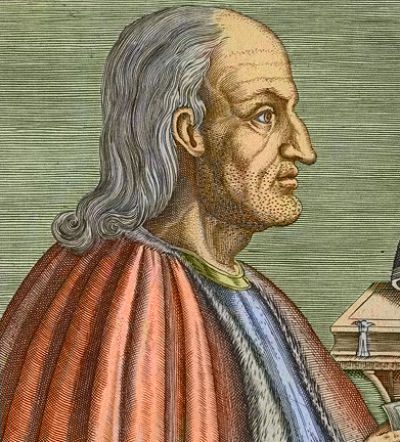Faith and reason go together for Christian people. Of course, sometimes even good Christian people believe wrong things about faith, but that’s what happens when there are two billion of you. You can find some Christian someplace who believes almost anything! I once met a fascinating chap who had confused a search for Atlantis, atheism, and being a Christian. This was not a terrifically successful point of view in terms of rationality, but it was interesting. I did not, however, buy his map to Atlantis.
The good news is that whatever my own faults in reasoning, the mainstream history of the church contains people of faith who show us a better way. God reveals Himself to those people . . . and once you see you know, but this knowing then seeks understanding. Anything real will follow its nature. To live seeds have to grow, and faith has to know. What?
Faith is a product of love and love will long to understand the beloved.

Once wandering a very wonderful city, Canterbury, like the pilgrims in the tales, I found the grave of a very great man: Anselm. Imagine fighting the government for religious freedom, winning, while also leaving world class philosophy as your gift to the Church.
That’s Anselm. He is that rare sort of first rate thinker: absolutely clear, but profound. You know what he is saying immediately, more or less, but the longer you consider his concepts, the more you find of interest. His ideas sometimes seem obviously wrong, or even tricksy, but his concepts have taken centuries worth of attacks and remain interesting.
If he was wrong, he isn’t obviously wrong. Of course, Christianity (in general) doesn’t hang on particular arguments Anselm made, but his example is one for all of us.
He was involved. He fought the good fight in his time. He served the poor, fought for justice, and built a church. None of that was incompatible with using his reason to critically examine his faith. Here is how he put it at the start of one of his works:
Thinking, therefore, that what I rejoiced to have found, would, if put in writing, be welcome to some readers, of this very matter, and of some others, I have written the following treatise, in the person of one who strives to lift his mind to the contemplation of God, and seeks to understand what he believes.*
Anselm is thinking about us, fellow Christians when he writes. His love of wisdom (philosophy) is in service to people. He doesn’t write to get tenure, win prizes, or create a movement. He is serving the people he pastors by giving them his best ideas.
He rejoices in his thinking. Hard work that accomplishes something important is pleasurable. Anselm was looking for an idea, had nearly given up on finding, and then discovered what he was seeking. This was joyful. Isn’t it time we learned to take joy in challenging problems?
Anselm knows that most beliefs come from experience that leads to contemplation and continues in understanding. God is a person so magnificent, so awesome, so lovely that we can be overwhelmed. That is good. Love works that way, but after a bit we can stop, think about what we have felt, and then begin (oh so slowly!) to understand. This beloved, God, is so great that we can never come to the end of Him.
Anselm gave us a work of philosophy that was the joyful reaction of a mind that has fallen in love.
_____________________
*Saint Anselm (2009-06-09). Proslogium; Monologium; An Appendix in Behalf of the Fool by Gaunilon; and Cur Deus Homo – Enhanced Version (Kindle Locations 512-514). Christian Classics Ethereal Library. Kindle Edition.
Based on a college devotional for The College at The Saint Constantine School.











